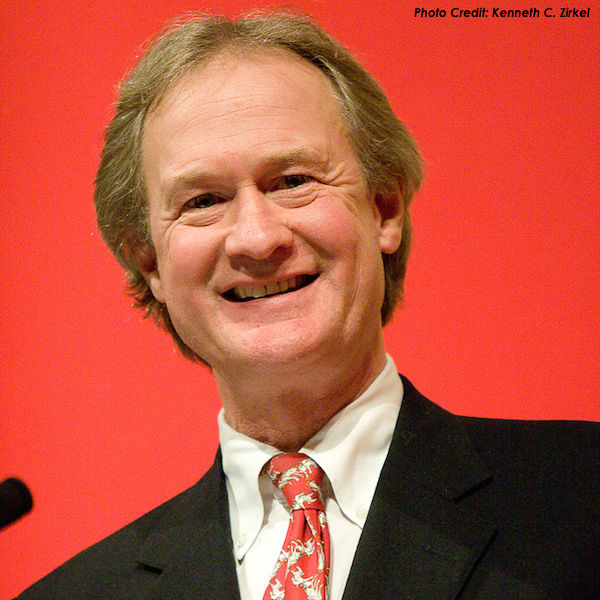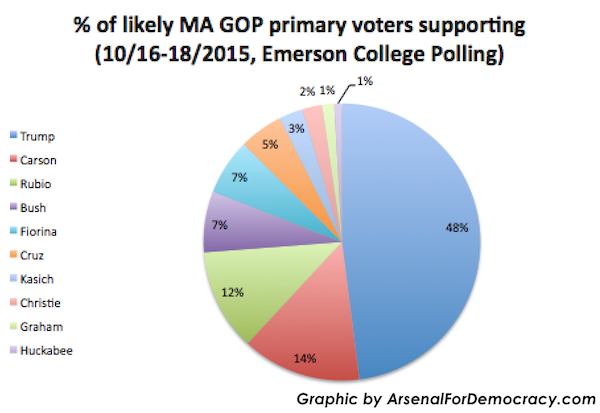
Pending verification of signatures, this proposal will be on the Colorado ballot in November 2016!
“Colorado Pushes for Universal Health Care That’s Governed by the People” – Yes Magazine:
ColoradoCare proposes a single-payer model that covers every Colorado resident. A tax on income and employers would replace insurance premiums, but the revenue wouldn’t be subject to the whims of legislators; instead, it would go directly to a fund overseen by trustees whom the recipients choose. In this respect, it would be a cooperative-like system accountable to everyone in the state, independent from the rest of the government and enshrined in the constitution.
State Sen. Irene Aguilar (MD) explains the genesis of the proposal:
“In 2007, Colorado had something called the 208 Blue Ribbon Commission for Healthcare Reform. The four plans it considered included a single-payer health care plan, and the commissioners created subgroups to consider how the plans would impact certain populations. Since my daughter was disabled, I applied to be on the vulnerable populations task force. We learned that if we adopted the single-payer plan we could have everyone covered and decrease spending by $1.6 billion a year.”
They didn’t pick it and — after various twists and turns — she ended up running for office to find a way to pass it. Now it’s a ballot initiative effort.
More mechanics and projections of the program:
“You collect the funds through a premium tax—a 6.6 percent employer tax across the board and a 3.3 percent individual tax. If you’re self-employed, it’s the whole 10 percent, but because it’s tax deductible it ends up being less than that. The funds are collected through our taxes, but they’re transferred into a separate authority that is run by its own elected board of directors.”
[…]
“We had a fiscal analysis done by Gerald Friedman, an economist at UMass, Amherst. He anticipated that with the Affordable Care Act, health care would be about 19.4 percent of the gross state product, and if we were to switch to this model, it would be closer to 15 percent. By Obamacare standards, the level of care would be the very top—Platinum Plus—covering 90 percent of your total health costs. We added in no copay for primary care and low copayments that the primary-care provider can waive if necessary to prevent longer-term costs. We also had it priced for everyone in state, regardless of documentation status, under the knowledge that we would not be turning people away for emergency care, so it made more sense to have up-front preventative care available for all the people who lived in the state. Vermont’s single-payer policy imploded because it was way too expensive for them. It’s a small state. But we have the numbers.”







